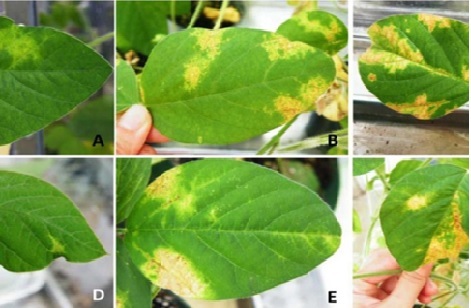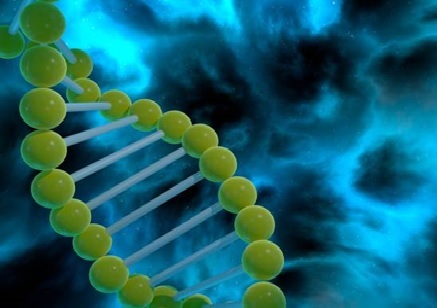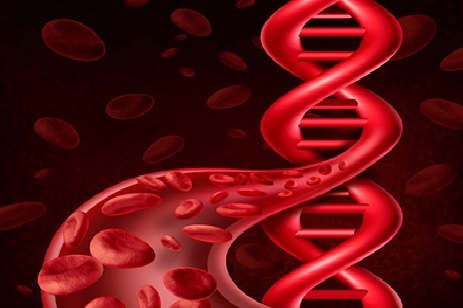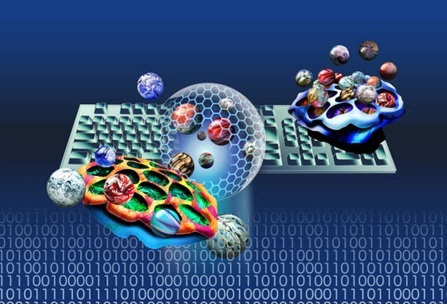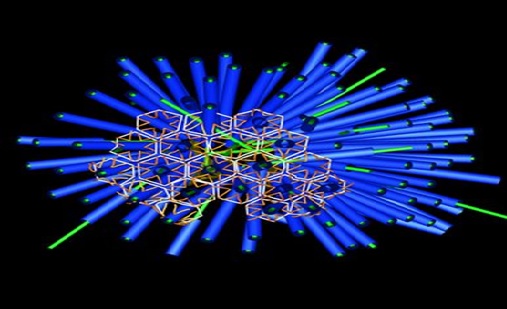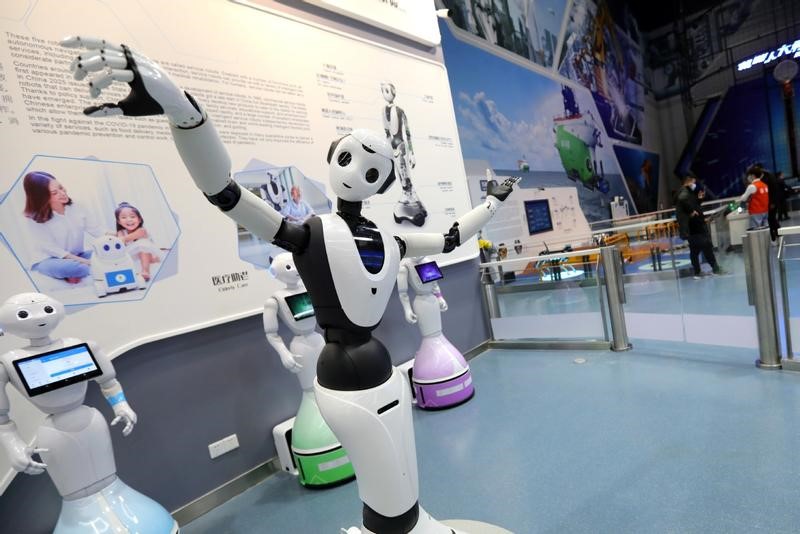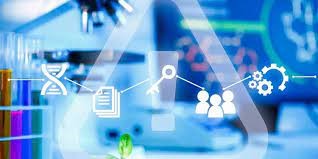Antibody Engineering
Antibody engineering is the process of modifying or manipulating antibodies to improve their binding specificity, affinity, stability, and/or other properties. Antibodies are proteins produced by the immune system that recognize and bind to specific antigens, such as proteins on the surface of bacteria or viruses. Antibody engineering can involve a variety of techniques, such as genetic engineering, phage display, and hybridoma technology. These methods can be used to modify existing antibodies or to design entirely new ones with specific characteristics for various applications, including diagnosis and treatment of diseases, as well as research tools for studying biological processes. The goal of antibody engineering is to create antibodies with increased efficacy, reduced side effects, and improved pharmacokinetic properties.
These antibody molecules are modified through antibody engineering according to human design to remove, reduce, or replace irrelevant structures, to overcome diverse biological constraints while retaining or increasing the specificity and main biological activity of the natural antibody. Therefore, genetically engineered antibodies, including humanized and fully human antibodies, single-chain Fv, bi-specific and VHH, have many more potential applications than natural antibodies.[1]
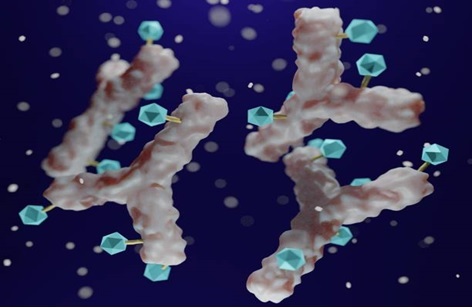
Figure .1 Antibody engineering
Figure 1 shows Antibody engineering is the process of modifying or designing antibodies to improve their efficacy, specificity, or other properties. Antibodies are proteins produced by the immune system in response to foreign substances, such as viruses or bacteria. They recognize and bind to specific targets, called antigens, and help the immune system eliminate them. Antibodies have many important applications in healthcare, such as in the diagnosis and treatment of diseases, and in research as tools for studying biological processes.
Here are some common strategies and techniques used in antibody engineering:
- Humanization:Antibodies produced by animals, such as mice, may trigger immune reactions in humans when used as therapeutics. Humanization involves modifying the animal antibody to make it more similar to a human antibody, while retaining its specificity for the target antigen.
- Affinity maturation:Affinity maturation is a process that selects for antibodies with higher affinity for the target antigen. This can be achieved through multiple rounds of screening and selection of antibody variants with mutations in the antibody genes.
- Bispecific antibodies:Bispecific antibodies are designed to bind to two different targets. They can be used to redirect immune cells to specific targets, or to simultaneously block two different signalling pathways.
- Antibody conjugates:Antibody conjugates involve attaching a drug or other molecule to an antibody to deliver it specifically to a target. For example, antibody-drug conjugates (ADCs) are used in cancer therapy to deliver cytotoxic drugs specifically to cancer cells.
- Next-generation sequencing:Next-generation sequencing can be used to analyse the diversity of antibody repertoires and identify antibodies with desirable properties, such as high specificity or affinity.
Overall, antibody engineering is a rapidly evolving field that enables the development of more effective and specific antibodies for various applications in healthcare and research. The ability to modify or design antibodies with desired properties has the potential to transform the diagnosis and treatment of many diseases.
References:
- https://www.frontiersin.org/research-topics/38580/antibody-engineering-and-technology-for-application
Cite this article:
Janani R (2023),Antibody engineering, AnaTechMaz, pp.158





